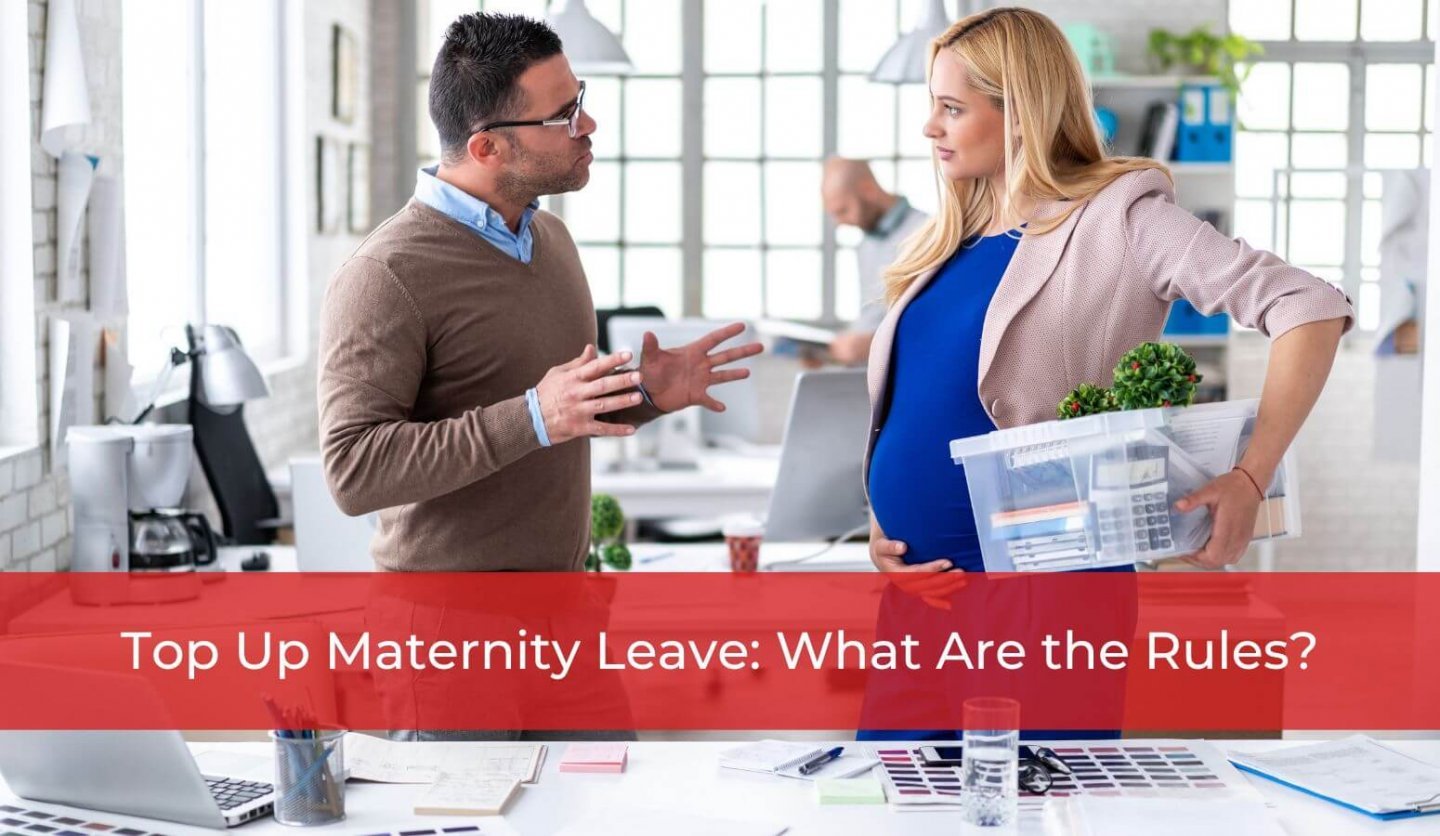
Top-up while on Maternity Leave: What Are the Rules?
What is maternity and parental leave? How to top up your maternity leave?
A maternity leave for Canadian employees can be either a 12-month or 18-month period. The employee gets to choose the length of their leave. An employee must take their leave all at once – if they return to work even part-time, they forfeit their right to the rest of their leave.
In Ontario specifically, maternity leave is called “pregnancy leave” or “parental leave” depending on when it is taken. Pregnant employees can take a pregnancy leave for up to 17 weeks after they give birth. To take pregnancy leave, the employee has to have started working for the employer at least 13 weeks prior to their due date, although they do not have to actively be working during that period (they are only required to have started work at least 13 weeks prior).
Ontario parents can also take a parental leave for up to 61-63 weeks after the child’s birth. Parental leave has the same 13-week criterion, but is available to birth mothers, adoptive parents, and non-birth parents (i.e. fathers) alike. For birth mothers, parental leave would begin immediately after their pregnancy leave ends. There is an exception in situations where their child is not in their care after their pregnancy leave ends (i.e. their baby continues to be hospitalized).
What are the rules for topping up parental benefits?
Parenthood raises unique financial concerns. Many new parents are entitled to Employment Insurance benefits during their parental leave; however, this is often not enough to support their families. This makes new parents reliant on what is known as “top-up” parental benefits, which some employers provide to supplement new parents’ earnings from Employment Insurance.
Employer agreements that provide top-up benefits usually state that an employee is responsible for repaying that money if he or she voluntarily leaves the company within a certain period of time after their leave ends. Service Canada does not register these agreements, nor does it consider these top-ups to be extra earnings as long as the top up does not exceed the employee’s weekly earnings when combined with the EI they are receiving. In other words, if the weekly earnings are not exceeded, then the EI earnings will not be impacted through deductions. Finally, the top-up cannot be a way of the employer reducing other benefits an employee may be entitled to (i.e., sick leave, vacation, termination, and severance pay).
What to expect when returning to work after parental leave?
Financial concerns aside, returning from parental leave can be overwhelming and confusing. The workplace a new parent returns to may not be the same one they left. A survey of 1,000 Canadian women who went on a maternity leave in the last 10 years found that 95% received no formal support when they returned to work after their leave. 40% considered quitting their jobs due to mismanagement of their return to work, and 79% felt that their return to work could have been handled better. 69% were provided with no option to remain in the loop during their leave, which some would have appreciated, as it could have minimized the shock of returning to a substantially changed workplace.
Can my employer fire me after I return from parental leave?
New parents in Canada, in addition to the anxiety that comes with caring for an infant, have additional battles to face when it comes to the job market. New parents are entitled to reinstatement upon their return from parental leave under the Employment Standards Act, 2000. If their employer fails to return them to the job they had, that can be considered discrimination on the basis of sex or family status – it could even constitute reprisal, as the employee was terminated when they asserted their right to return to their employment after their leave. An employee who is not returned to their position after their leave, or is returned to a lesser position, may have a case for constructive dismissal.
This topic is without a doubt, one of the most misunderstood and contentious issues in employment law and finding the right answer when it comes to maternity/parental leave may not be easy. Although a lot of information on Employment Insurance can be found on the government’s website, it is always best to consult with an employment lawyer who can guide you through the process and advise you of your options when it comes to maternity/parental leave. At Whitten and Lublin, we can help you understand your rights and options. If you would like more information, please contact us online or by phone at (416) 640-2667.



